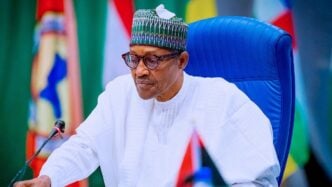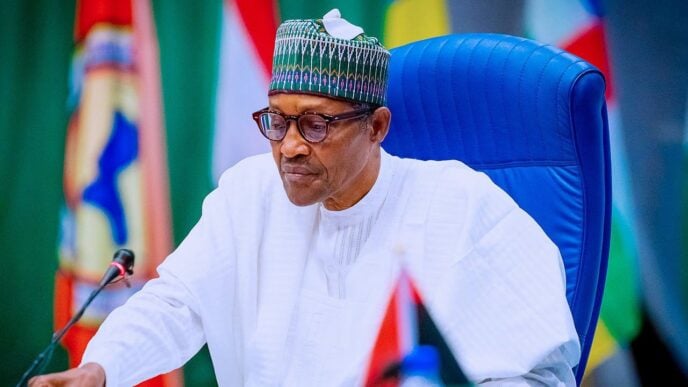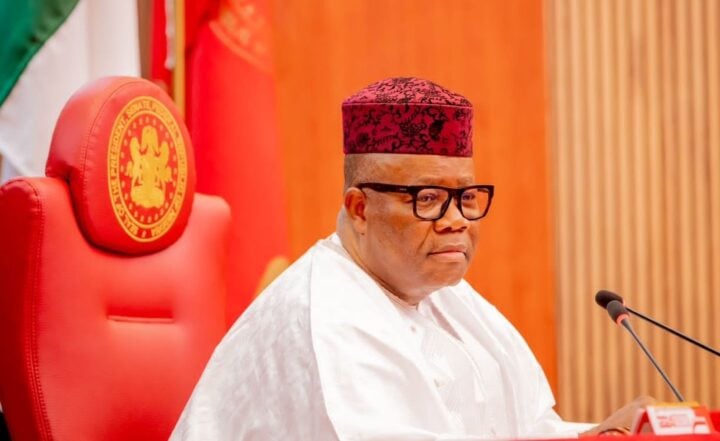Taiwo Oyedele, chairman of the presidential fiscal policy and tax reforms committee, says more than 90 percent of Nigeria’s informal sector operators do not have the capacity to pay taxes.
Speaking during an interactive session with journalists, influencers, and public analysts on the new tax laws on Friday, Oyedele said data available to the committee does not support the widespread narrative that government revenue lies untapped in the informal sector.
“This is the reason why Nigeria has ended up introducing multiple taxes, because we are trying to chase people in the informal sector every now and then,” the chairman said.
“When in fact, more than 90 percent of operators in that sector are just there for survival. They are just trying to find how to put food on the table one day to another. They have no capacity to pay taxes.
Advertisement
“If somebody is roasting corn by the roadside, if they have customers from when they resume in the morning till they close at night, they are still a poor person. If somebody is a vulcaniser, and they have customers all round for the day, they are still poor.
“If somebody is pushing wheelbarrows to carry goods for people, and they have customers all time round the day, they are still poor. They have no capacity to pay taxes and should not be taxed.”
He said this is why President Bola Tinubu insisted that poverty and capital should not be taxed.
Advertisement
“We should not tax seeds but wait for the fruits,” he added.
‘TAX EVASION NOW EXPENSIVE UNDER NEW LAW’
Oyedele said Nigeria’s new tax laws have made evading taxes expensive for both individuals and professionals in the system.
The chairman said that while the Federal Inland Revenue Service (FIRS) collected over N20 trillion in taxes last year, and is already on track to surpass that figure this year, the reforms have introduced tighter structures and stronger accountability.
Advertisement
“These new tax laws have put in place more structures, more provisions, and more requirements to hold them to account, to make sure that they do their work with responsibility, that they are more diligent,” he said.
“There are even instances in the new tax law where there are personal liabilities for an officer not doing what they are supposed to do. So we have strengthened the governance, also accountability, their report that they must present now, and make public, which they were not doing before.
“Whatever it is that the FRS is doing today, under the new tax law, it will be a better agency from all angles.”
The fiscal policy chief said the reforms also removed opportunities for leakages, noting that all taxes now go directly into the federation account rather than accounts controlled by FIRS.
Advertisement
On corruption in the tax system, Oyedele said taxpayers, tax officers and consultants had all contributed to malpractice in the past.
“These new tax laws have now made provisions to address all the parties,” he said.
Advertisement
“As a taxpayer, trying to evade your taxes now is more expensive under the new tax law. As a consultant, you are being monitored with what you do.
“In fact, there is a requirement for a registration of a tax agent, and we monitor what they do on the system, and then for the tax officer, that is even the one that is more risky now. So overall, we think this is taking us in the right direction.”
Advertisement
The committee chairman added that the goal is to rebuild public trust in the tax system by making it more transparent.
Advertisement











